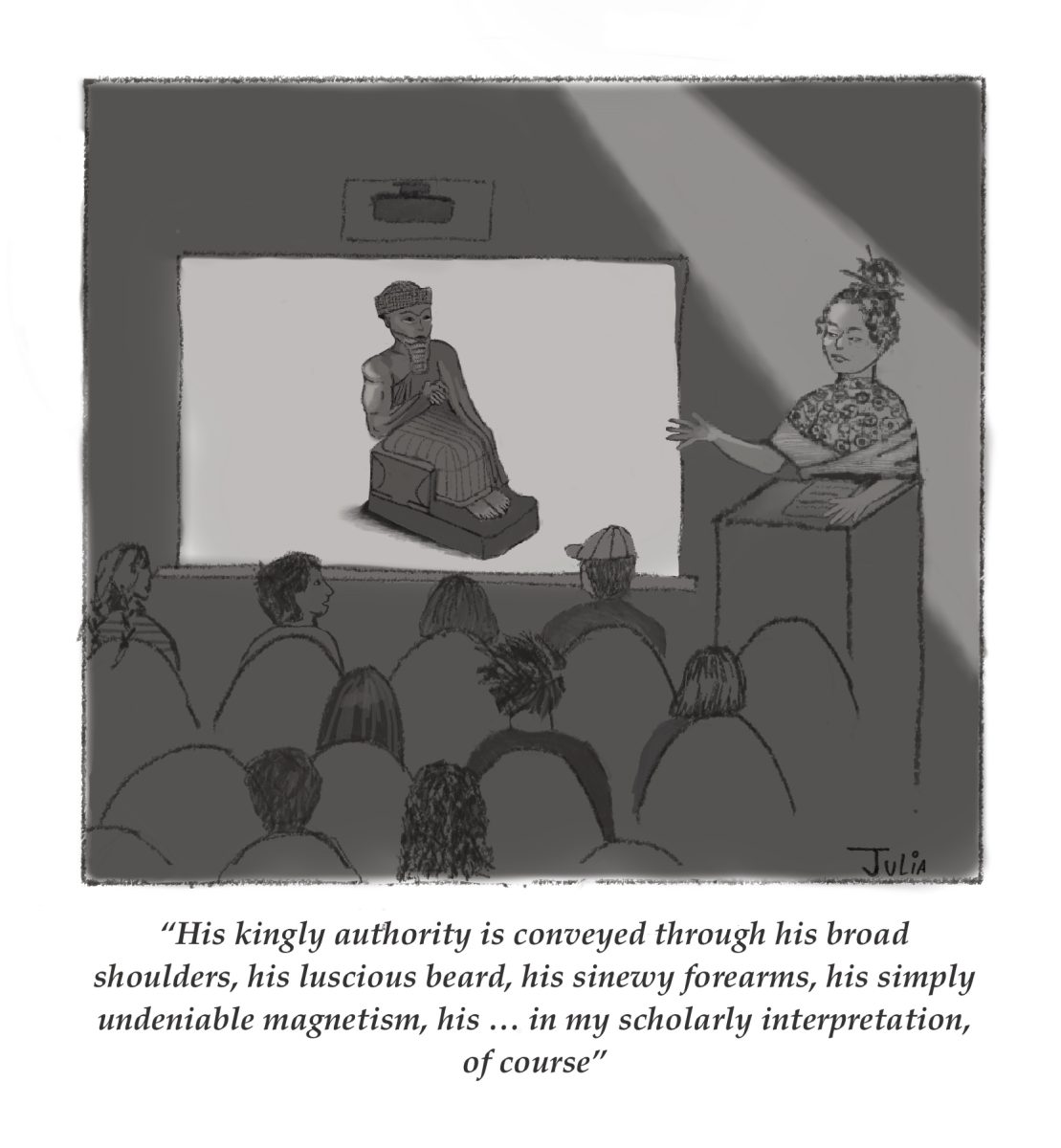Weeks before move-in day, I sat in the front office of an international college admissions company. I was interviewing for a role at an organization dedicated to funneling its clients towards the most elite schools in the country, the types that appear on glossy magazines promising your future success if only you, too, can find a way in. My interviewer asked how I was doing (good) and how I was finding the organization (also good, though tiresome at times). Then, the topic turned to what college I would be attending after the summer was over. I told her about Williams; she gave me a sharp smile and sat back in her chair.
“Williams College,” my interviewer echoed. “It’s a great school. You’ll get a lot of … support there.”
At the time, the response seemed simultaneously condescending and justified. Our community is intentionally constructed with small class sizes, a shrinking student-to-faculty ratio and a far tinier student population relative to most other institutions of higher learning. Compared to larger and more bureaucratic schools, “supportive” doesn’t seem totally far from the truth.
In theory, labeling the College as a handholding college makes sense. It’s a description prevalent both in interview experiences like mine and the many online forums, college guidebooks and outside resources that are meant to educate prospective community members about our school. But the more time I spend at the College, the more the “supportive” label seems like a misnomer that obscures a diverse set of student experiences.
The College, much like peer liberal arts colleges, does provide more opportunities to get to know professors and peers than one might find elsewhere. However, the process of actualizing these opportunities is no different than that of every other college or university in the country. If you want to build relationships with peers, professors and mentors who will make sure to check up on you, then that’s a conscious action you need to take. If you don’t seek those people out, they will not find you. The College, as an institution, is not obligated to make sure that you’re getting enough sleep, going to class or adjusting well to college life. There is no mythical “Williams College” that will catch you every time you fall. When you get here, the only thing saving you from yourself – the only one who can build any kind of support system for you – is, ultimately, yourself.
This isn’t always an easy realization to stomach. But it’s an important one. Characterizing a small school as unilaterally supportive can deceptively indicate that no one struggles, or, if they do, that they’re somehow doing college wrong. There are many opportunities to seek out support at the College, but nothing on an institutional level will force you to take that leap. In our school of just 2,000 students, the process of seeking out guidance is precisely the same as that of one with 20,000.
And like students at larger schools, this absence of authority can be as liberating as it is intimidating. It forces you to think critically about what you need to be successful and how to actualize those needs; it means that you need to advocate for yourself and to meet people who can understand the importance of that advocacy. It prompts you to choose who to surround yourself with and in what ways they can enrich your time here.
I never did ask my interviewer what she meant by the “support” of schools like the College. But I do know what I see in the term. The College and its peer schools offer exactly the level of support that one is willing to actively seek out upon recognizing that they need outside resources. The College is supportive to its students in that it contains all the potential of a college community: this can mean life-changing mentorship and formative experiences if one seeks them out. It can also mean neither of those two things.
The difference is not really about the community that you’re in. It’s about you.
Kristen Altman ’22 is from Killingworth, Conn. Her major is undecided.




